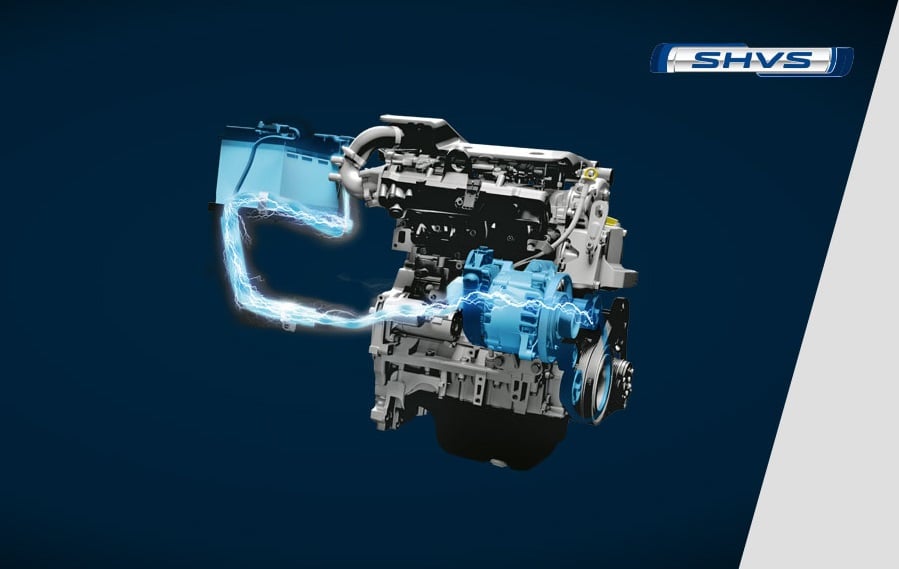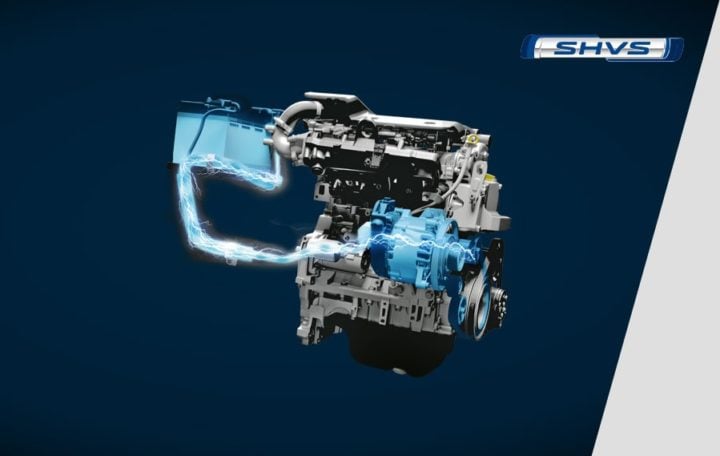The subsidies given for Maruti Suzuki SHVS are under question by the National Green Tribunal. The tribunal has sent a notice to both the government and the automaker seeking a response.
Maruti Suzuki India Limited is in question by the National Green Tribunal for the subsidies its vehicles got for the mild-hybrid SHVS technology. The National Green Tribunal (NGT) has sent a notice to both the Government and the automaker seeking a response to an RTI plea. Filled by a lawyer, the RTI plea questions the legality of the subsidies provided to Maruti’s SHVS models.
The plea argues that Maruti Suzuki SHVS (Smart Hybrid Vehicle by Suzuki) technology is not even minutely close to an actual Hybrid vehicle. The petition states that the only major difference between and SHVS and a regular diesel is that the former employs an Integrated Starter Generator (ISG). The lawyer has asked NGT to direct Maruti Suzuki to deposit INR 95 crore as subsidies to the Ministry of Heavy Industries.
The plea also states that the Government withdrew subsidies given on Maruti’s SHVS vehicles following RTI applications. Ertiga and Ciaz’s diesel model benefited from these subsidies. The amount stood at INR 13,000. These subsidies were given under Government’s FAME (Faster Adoption and Manufacturing of Electric and Hybrid Vehicles) scheme.
The SHVS system saves the kinetic energy generated during braking and stores it in an onboard battery. The battery then supplies the engine with this stored energy when a sudden burst of power is required. This, in turn, helps in saving fuel.
In proper hybrids, the electric battery works all the time with the engine and not just during braking. In some cases, the car just runs on electrical energy alone. Mild-hybrids do not offer this capability. Mild-hybrids also use stop/start feature. Here the car’s engine is switched off when the clutch pedal is kept pressed for longer durations.



